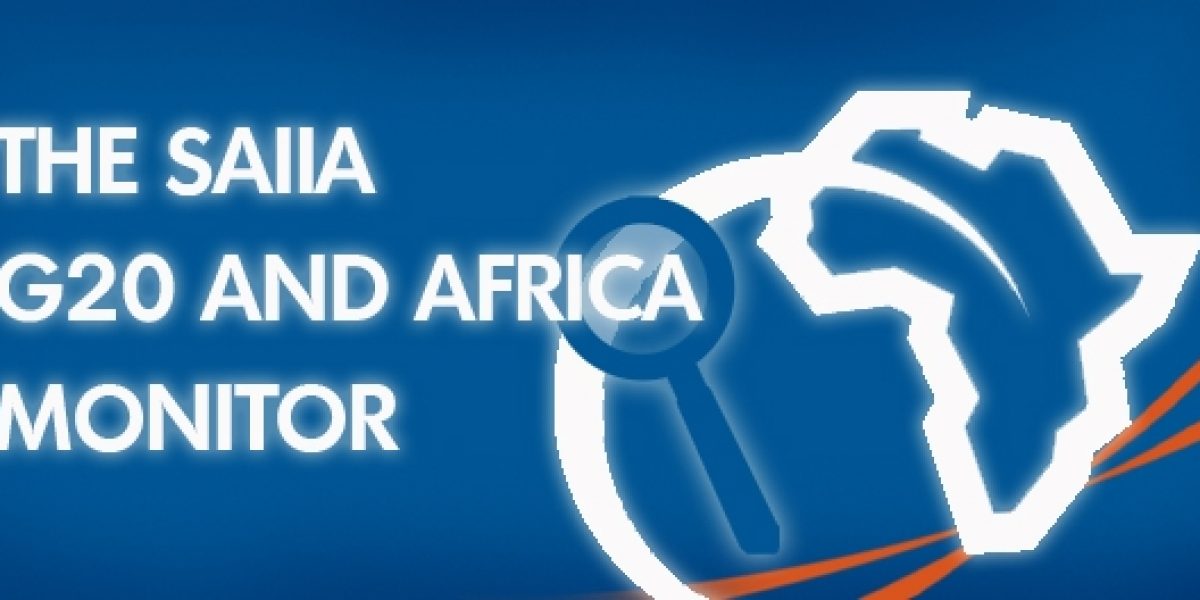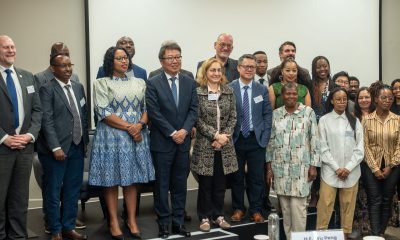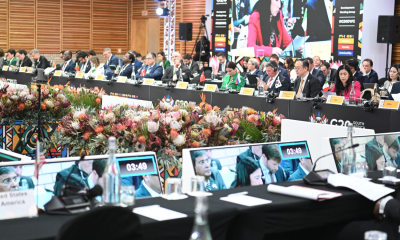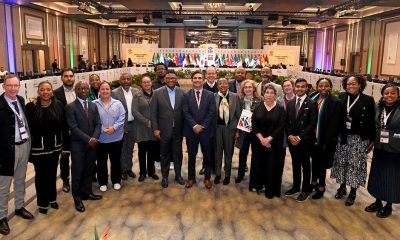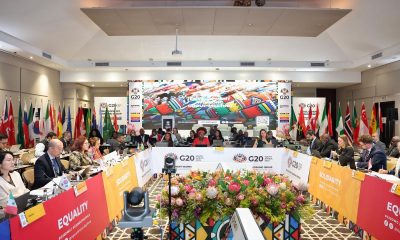Global economic governance has become more complex over the past twenty years. As new issues and actors have emerged, global economic governance directly affects a broad range of state and non-state actors, many of whom were previously only indirectly affected by these matters.
Unfortunately, most of these stakeholders are not able to effectively participate in global economic governance decision-making. Currently, South Africa is the only African country that is a member of the G-20. The limited number of assured African participants in the G-20 increases the risk of the G-20 paying insufficient attention to issues of concern to Africa or to the potential adverse impacts of their decisions and actions on Africa.
A new resource from the Global Economic Governance Africa (GEG-Africa) project, managed by SAIIA and the University of Pretoria, allows the user to analyse how well the G-20 has performed, with analysis available for all G-20 summits thus far.
Related Resources
Read these SAIIA papers:
The G-20 and Africa: A Critical Assessment, by Daniel Bradlow (April 2013)
The Burdens of Multilateral Engagement and Club Diplomacy for Middle-Income Countries: The Case of South Africa in the Brics and the G-20, by Mzukisi Qobo and Memory Dube (December 2012)
South Africa’s Role in the BRICS and the G-20: China’s View, by Wang Yong (December 2012)
Values Versus Interests in the G-20’s Global Economic Governance Effort: A South African Perspective, by Peter Draper (December 2012)
SAIIA also held a briefing on the G-20 for the media on 29 August 2013.

